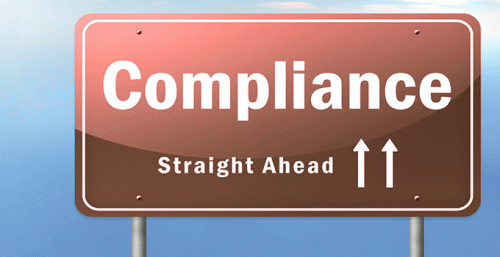Compliance
Compliance Corner: MAS, European Union

The latest compliance news: regulatory developments, punishments, guidance, permissions and new product and service offerings.
ESMA, MAS
The
European Securities and Markets Authority, the European
Union’s securities markets regulator, and the Monetary
Authority of Singapore, have agreed on how Singapore’s
financial benchmarks, such as swap rate indices, can be used in
the European Union.
The organisations signed a memorandum of understanding last week. The MoU signing follows the European Commission’s decision to recognise that Singapore’s regulatory framework on financial benchmarks is equivalent to that of the EU.
“This [MoU] will promote greater cross-border connectivity between our respective financial markets to the benefit of both regions,” Ong Chong Tee, deputy managing director (Financial Supervision) of MAS, said.
The traditionally staid business of running financial benchmarks has been in ferment since the soon-to-be removed LIBOR (London Interbank Offered Rate) index was hit by a rate-rigging scandal more than half a decade ago. LIBOR is due to be replaced by a new system in 2021.
Hong Kong
The Securities
and Futures Commission has reprimanded and fined
BOCOM International Securities Limited HK$19.6 million ($2.53
million) for a range of regulatory breaches, including failures
concerning the handling of third-party fund deposits and the
maintenance and implementation of a margin lending and margin
call policy.
BISL also failed to put in place adequate and effective controls to identify deposits made into client accounts by third parties, hence failed to ensure compliance with the Guideline on Anti-Money Laundering and Counter-Terrorist Financing and various provisions in the Internal Control Guidelines and the Code of Conduct, the regulator said in a statement earlier this week.
The SFC said that third-party deposits made into client accounts in 2009, 2011 and 2015 by way of cheques and bank transfers were not identified until 2016.
The regulator said it also found “extensive deficiencies” of BISL’s margin lending and margin call policy from December 2012 to November 2016.
